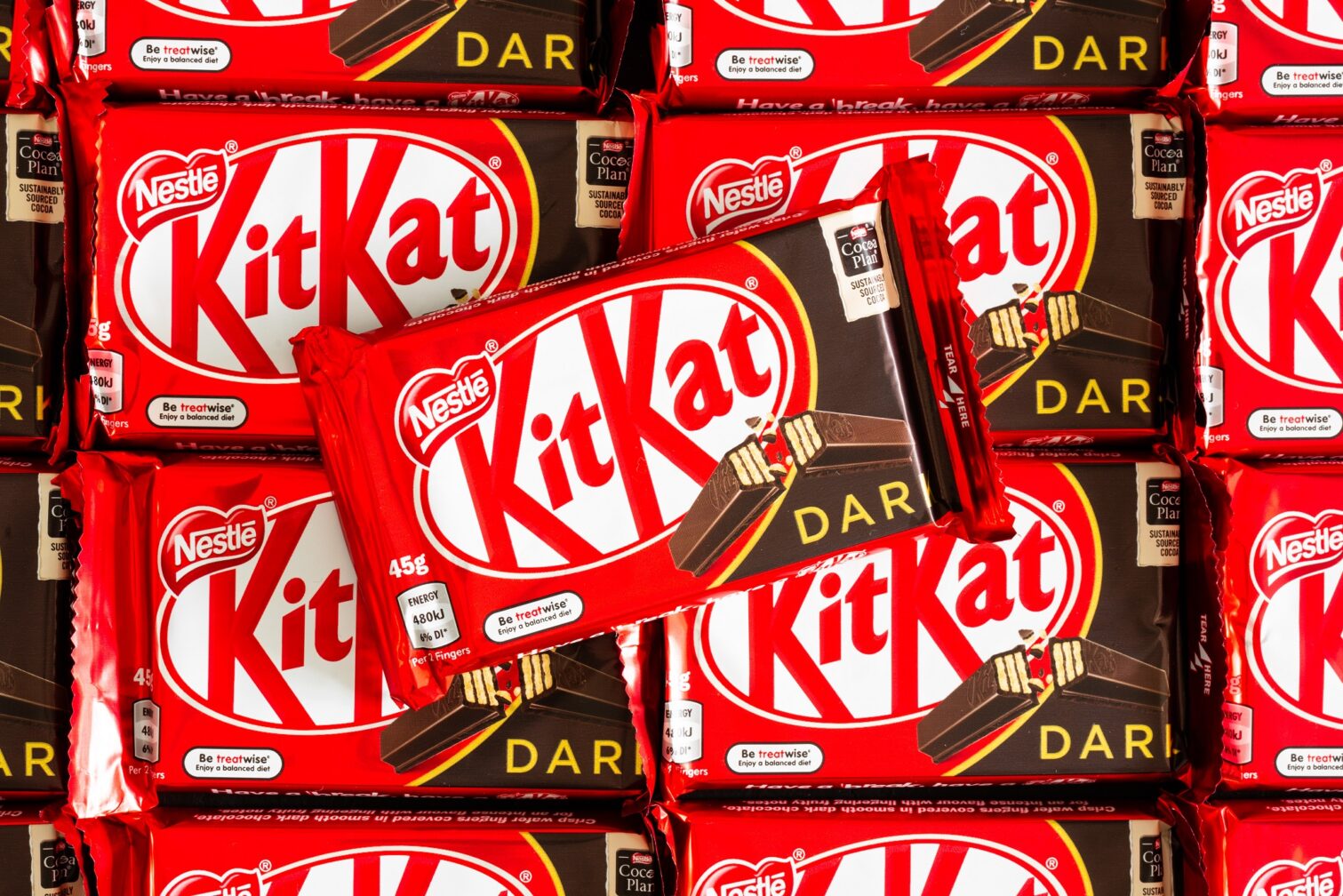
Food and beverage giant Nestlé is to cease targeting children below 16 with adverts for products high in sugar.
The KitKat manufacturer said its new Marketing Communication to Children policy will prohibit direct advertising of confectionery and ice cream, as well as water-based beverages with added sugars, to younger teenagers.

Discover B2B Marketing That Performs
Combine business intelligence and editorial excellence to reach engaged professionals across 36 leading media platforms.
It said the policy “reaffirms the ban on product marketing communication targeting children between zero and six years of age”.
The company said the new standard will be applied to TV and online platforms, including social media and gaming ones with greater than 25% of their audience under 16-years-old. Additionally, Nestlé said it will not collect data on minors and only partner with social media influencers over the age of 18.
The new policy will take effect as of 1 July and will be applied globally. Nestlé is calling for other companies to introduce similar unilateral measures.
Earlier this month, Nestlé pledged to share more details of the nutritional value of its portfolio of products from 2023. It also said it would expand its range of “affordable, nutritious foods and beverages”.

US Tariffs are shifting - will you react or anticipate?
Don’t let policy changes catch you off guard. Stay proactive with real-time data and expert analysis.
By GlobalDataNestlé said it will benchmark its food and beverages against the Health Star Rating system, a government-devised nutrient-profiling method set up in Australia and New Zealand.
It also said it will start reporting on portfolios in 14 countries, using each nation’s government-endorsed packaging labelling systems.
The move follows pressure from investors to revise the nutritional make-up of the group’s product portfolio.
Pressure on confectionery, ice cream and sugary drink manufacturers has also come from anti-obesity campaign groups and, in the case of the UK, from the government.
The UK already operates a sugary drinks tax and has partially introduced planned legislation targeting reductions in fat, sugar and salt (HFSS) within snack products.
Restrictions on where HFSS products can be promoted in-store such as checkouts, store entrances and the ends of supermarket aisles, came into force this October.
However, against a backdrop of the cost-of-living crisis, the government’s planned curbs banning adverts for junk food on television before 9pm and paid-for adverts online have been delayed until January 2024, while a ban on buy-one-get-one-free deals for unhealthy snacks has been pushed back by a year to October 2023.
Read Just Food’s analysis – Why UK snack makers are persisting with non-HFSS drive





